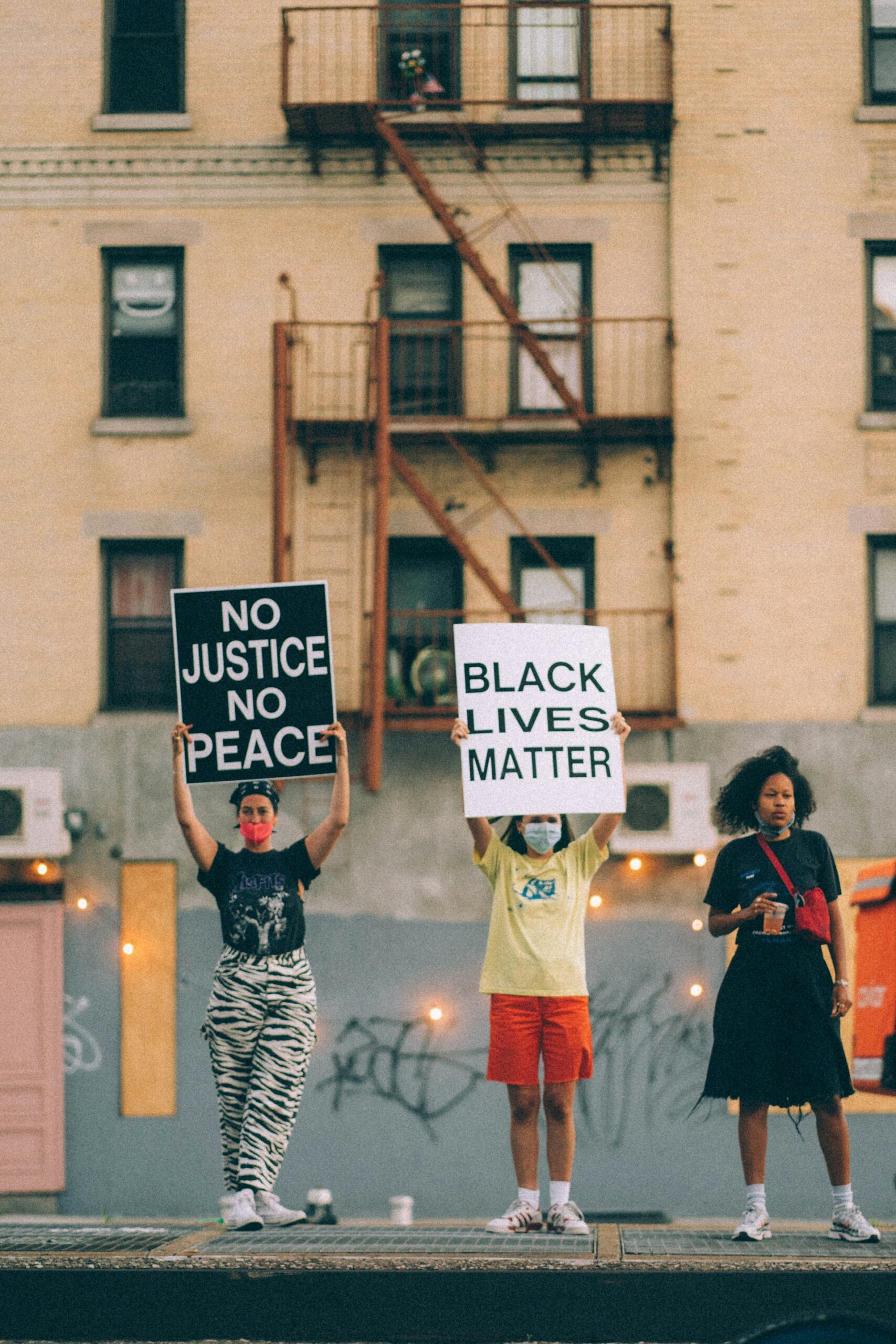Civil Rights Law – A Comprehensive Overview
Civil rights law is an area of law that focuses on protecting individuals from discrimination and ensuring that they are treated fairly and equally under the law. This area of law encompasses a variety of different legal issues, including employment discrimination, housing discrimination, voting rights, and police brutality.
Historically, civil rights law has played a critical role in advancing social justice and promoting equality. From the Civil Rights Act of 1964, which outlawed discrimination based on race, color, religion, sex, or national origin, to the Americans with Disabilities Act, which prohibits discrimination against individuals with disabilities, civil rights laws have helped to level the playing field for marginalized communities.
Let’s take a comprehensive overview of civil rights law, including its history, key legal concepts, and recent developments.
History of Civil Rights Law
The roots of civil rights law can be traced back to the Reconstruction era following the Civil War. During this time, the federal government passed a series of laws that sought to protect the rights of newly freed slaves, including the Civil Rights Act of 1866 and the Fourteenth Amendment to the Constitution, which granted citizenship to all persons born or naturalized in the United States and guaranteed equal protection of the laws.
However, despite these early gains, progress towards true equality was slow. Jim Crow laws, which enforced racial segregation and denied African Americans the right to vote, were rampant in the South. It wasn’t until the Civil Rights Movement of the 1950s and 60s that significant progress was made in dismantling these systems of oppression.
The Civil Rights Act of 1964, which outlawed discrimination based on race, color, religion, sex, or national origin, was a landmark piece of legislation that marked a turning point in the struggle for civil rights. Other important civil rights laws include the Voting Rights Act of 1965, which prohibited discriminatory voting practices, and the Fair Housing Act of 1968, which prohibited discrimination in the sale, rental, and financing of housing.
Key Legal Concepts in Civil Rights Law
There are several key legal concepts that underpin civil rights law. These include:
Discrimination: Discrimination occurs when an individual or group is treated unfairly or differently based on a protected characteristic, such as race, sex, or religion.
Disparate Impact: Disparate impact occurs when a seemingly neutral policy or practice has a disproportionately negative impact on a protected group.
Disparate Treatment: Disparate treatment occurs when an individual or group is intentionally treated differently based on a protected characteristic.
Hostile Work Environment: A hostile work environment is one in which an individual is subjected to severe or pervasive harassment or discrimination based on a protected characteristic.
Reasonable Accommodation: Reasonable accommodation refers to changes in the workplace or other accommodations that allow individuals with disabilities or other protected characteristics to perform their job duties.
Recent Developments in Civil Rights Law
While significant progress has been made in the fight for civil rights, recent years have seen a number of setbacks and challenges. One of the most pressing issues is police brutality, particularly against communities of color. The Black Lives Matter movement, which gained prominence in the wake of the killing of George Floyd in 2020, has brought renewed attention to this issue.
Another important issue is the ongoing efforts to roll back civil rights protections. The Trump administration, for example, has sought to weaken key civil rights laws, such as the Fair Housing Act and the Americans with Disabilities Act.
In response to these challenges, civil rights advocates have been working to strengthen and expand civil rights protections. This includes efforts to pass the George Floyd Justice in Policing Act, which would ban chokeholds and no-knock warrants, and create a national registry of police misconduct.
Larry’s Look
Civil rights law is a critical area of law that plays a key role in promoting equality and social justice. While significant progress has been made in dismantling systems of oppression and advancing civil rights protections, there is still much work to be done. By understanding the history, key legal concepts, and recent developments in civil rights law, we can continue to fight for a more just and equitable society.

